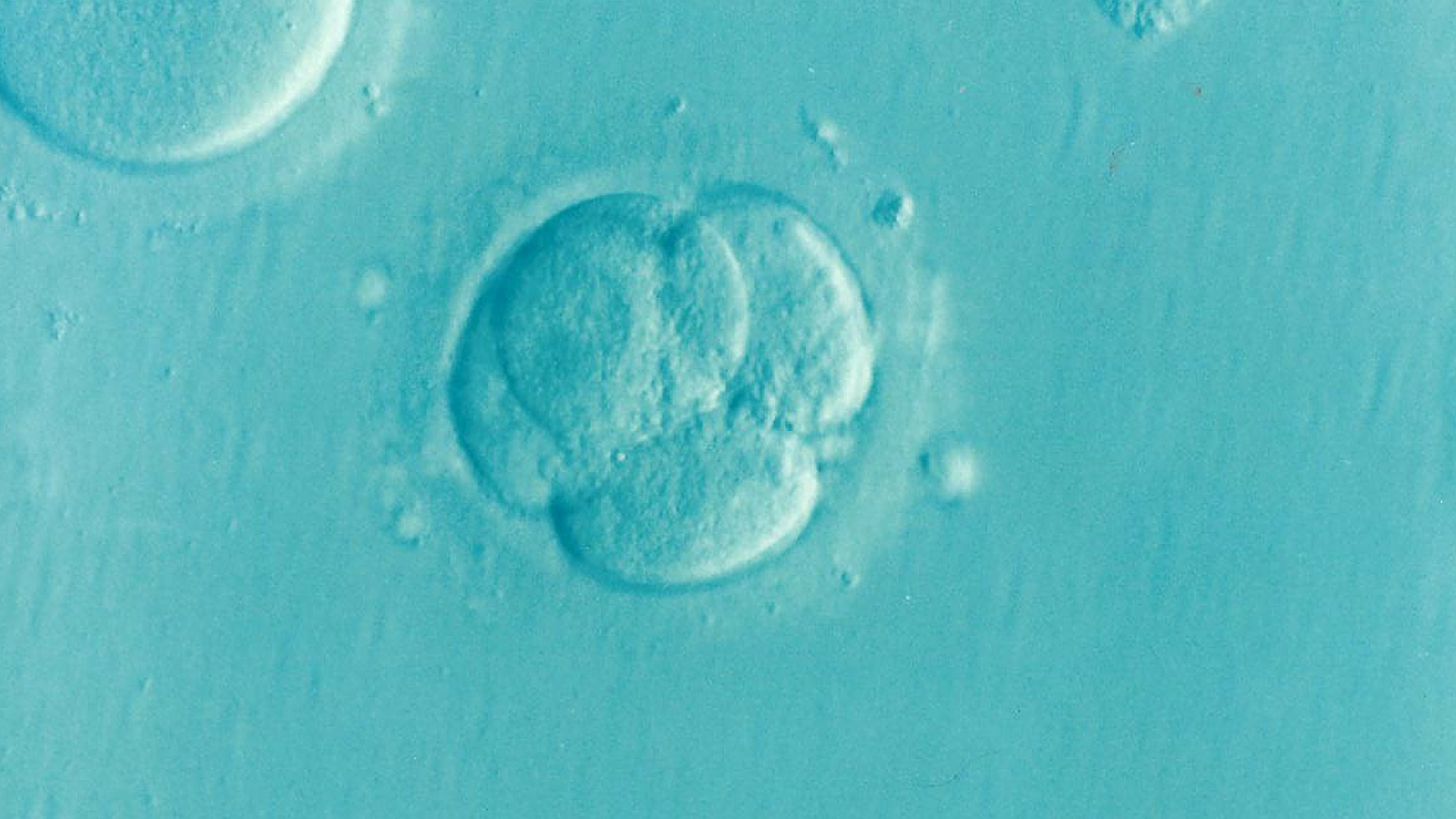Is a therapy designed to treat mitochondrial disease setting its sights on age?
By Alison Motluk,
HeyReprotech [cites CGS' Marcy Darnovsky]
| 04. 30. 2019
Mitochondria provide the power for our cells, and when they malfunction, it can be serious. So scientists have developed experimental treatments that use healthy mitochondria from donor eggs.
In one variation, the nuclear DNA is removed from a donor egg and replaced with the nuclear DNA from an intended mother's egg; the donor egg's mitochondria, left behind in the cytoplasm, provide the power pack. The egg is then fertilized. In another variation, both an egg from a donor and an egg from the mother are fertilized before that swap takes place. Almost all of a person's DNA is in the nucleus, and almost all traits are determined by this nuclear DNA, but mitochondria also contain a small amount of DNA. This means that any child born from such a therapy will inherit DNA from three people — the mother, the father and the donor — which has given rise to terms like 'three-person IVF' and 'three-parent baby.'
The treatments have been controversial since the outset, because it's not yet known whether there will be unintended side effects. It's not easy...
Related Articles
By Diaa Hadid and Shweta Desai, NPR | 01.29.2026
MUMBRA, India — The afternoon sun shines on the woman in a commuter-town café, highlighting her almond-shaped eyes and pale skin, a look often sought after by couples who need an egg to have a baby.
"I have good eggs,"...
By George Janes, BioNews | 01.12.2026
A heart attack patient has become the first person to be treated in a clinical trial of an experimental gene therapy, which aims to strengthen blood vessels after coronary bypass surgery.
Coronary artery bypass surgery is performed to treat...
By Staff, ScienceDaily | 01.05.2026
Scientists at UNSW Sydney have developed a new form of CRISPR technology that could make gene therapy safer while also resolving a decades-long debate about how genes are switched off. The research shows that small chemical markers attached to DNA
...
Following a long-standing CGS tradition, we present a selection of our favorite Biopolitical Times posts of the past year.
In 2025, we published up to four posts every month, written by 12 authors (staff, consultants and allies), some in collaboration and one simply credited to CGS.
These titles are presented in chronological order, except for three In Memoriam notices, which follow. Many more posts that are worth your time can be found in the archive. Scroll down and “VIEW...




